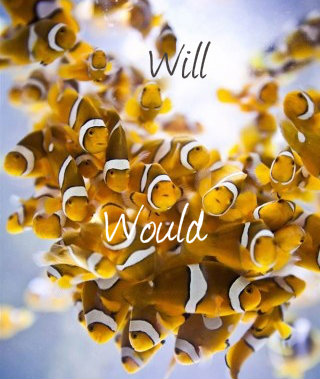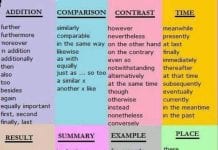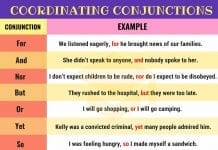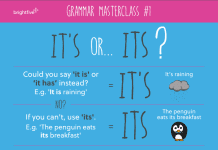Would and will are both modal verbs.
Will is used in future structures.
1. Statement referring to the future – fact, timetable, etc.
– We’ll (= we will) have two extra lessons this afternoon.
– It will be Tuesday tomorrow.
– Their bus will leave at 7.30.
2. Instant decision
– The phone is ringing, I’ll go and answer it.
– What will you eat? I’ll have roast beef.
3. Request
– Will you tell your father that we expect him for dinner?
– Will you copy this file and print it for yourself?
4. Promise, offer, prediction
– I will always love you.
– Can’t you do your homework? Don’t worry, I’ll come and help you.
– Don’t trust her, she will always tell you lies.
5. Open condition
– We’ll go fishing at the weekend if the weather is good.
Would
1. Would is the past form of will
– Peter said he would finish the work the next day. (future in the past or reported speech)
– She said she would write me soon. (reported speech)
– He hoped I would come.
2. Would refers to half-open or closed condition as an analogue of will.
– We would go fishing at the weekend if the weather was/were good. (half-open condition)
– We would have gone fishing at the weekend if the weather had been good. (closed condition)
3. When both will and would can be used, would is more polite.
– Would you do me a favour, please?
– I’m cold here, would you mind closing the window?
4. Other typical examples with would
– Would you like a sandwich? (offer)
– I’d (I would) like to have some cream with the cake. (request)
– I’d like to learn English very well. (wish, plan)
– It’s quite late, I’d rather have a cup of tea than coffee now. (preference)
– I would rather not go to that part of the town in the dark. (preference)
– When we were kids, we would hang around the playground every afternoon. (repeated action in the past)
Looking for more useful tips? Check out our Questions and Answers section!

























